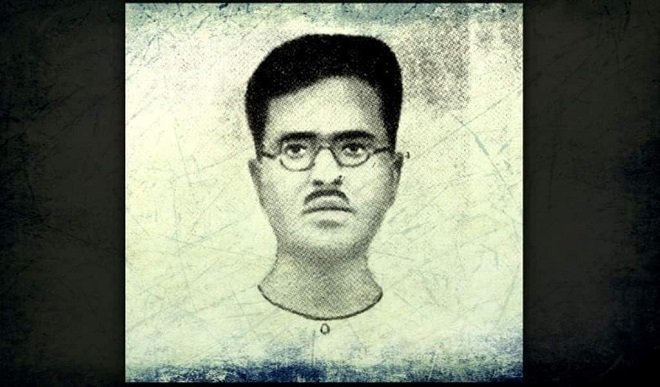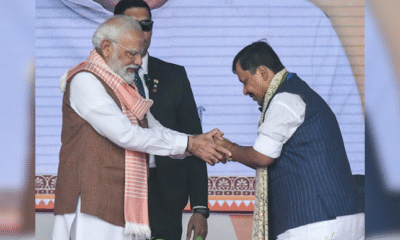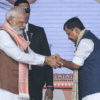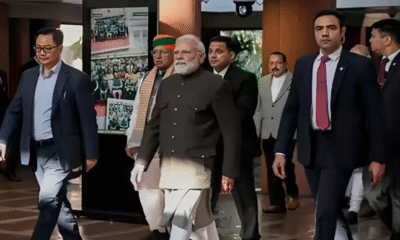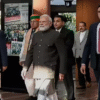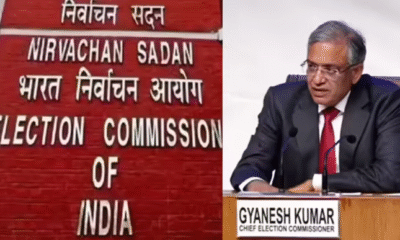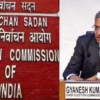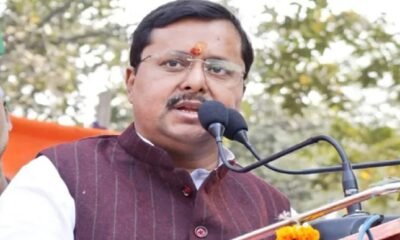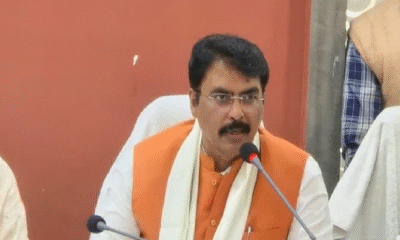National
Remembering Bhagwati Charan Vohra
Ajay Gulzar.
Today is the 90th martyrdom anniversary of a revolutionary freedom fighter, whose standing perhaps is the same as that of Bhagat Singh and Chandrashekhar Azad, but one who hardly finds any space in Indian popular imagination — Shaheed Bhagwati Charan Vohra. In some ways, Bhagwati Charan Vohra was even more fascinating than Bhagat Singh. He provided the foundation to Naujawan Bharat Sabha (NBS) and Hindustan Socialist Republican Association (HSRA) by arranging constant supply of money and resources. He was well read, a fine orator, a great writer and brilliant campaigner. Due to these qualities, he was appointed as Propaganda Secretary of both NBS and HSRA. Bhagwati Charan wrote some booklets and immensely popular manifestos of NBS and HSRA (sadly, the booklets are now lost). He set up bomb factories, and acted as mentor to upcoming youngsters in the freedom movement. Involved in cases like killing of John Saunders and throwing bombs in Central Assembly in Delhi, he also (along with Yashpal and Inderpal) made an attempt to bomb then Viceroy Irwin’s special train, when it was passing through Delhi in December 1929.
USA’s response to the China Virus
Bhagwati Charan avoided limelight, so much so that sometimes, the public mistook his writings to be of Bhagat Singh (for example, his article Philosophy of the Bomb — a response to Gandhi’s Cult of the Bomb — was said to be written by Singh). Despite all of his contributions, he was suspected of being a CID man and accused of taking salary from British govt by his fellow comrades because a jealous guy floated a rumour. Due to this reason, the chief of HSRA, Chandershekhar Azad, refused to meet him for a long time. But Bhagwati Charan didn’t care. His response was “I believe in doing what is right. It’s not my job to give clarifications and make a name for myself.” (When Azad met him finally, he (Azad) apologized and said that there was nothing to feel bad about in this as he couldn’t find out every truth on his own, so he had to believe whatever others said.)
His death was also like his life. Azad, Bhagwati Charan, Shiv Verma and some others made a plan to free Bhagat Singh and Batukeshwar Dutt out of prison. So a bomb factory was set up and some bombs were made. On the night of 28th May, 1930, he (along with Vishwanath Vaishampayan and Sukhdev Raj) went to a forest near river Raavi to test a bomb but it exploded in his hand. He died there (at 26). Since Azad and party didn’t want to make the death public and a big event to avoid attention of British govt, they decided against a funeral. His body wasn’t brought home. He wasn’t cremated. His wife Durga Devi Vohra wasn’t allowed to see him one last time (she understood, of course). Some of his friends just went and buried him. No condolence meeting, no procession, no last rituals, no funeral. Azad said I feel like as if my right hand is gone. Bhagat Singh said our insignificant sacrifices will be just a link in the chain whose beauty has been enhanced by the proud self-sacrifice of Comrade Bhagwati Charan Vohra. Shiv Verma quoted
The noblest had fallen
He was buried obscurely in a deserted place
No cross, no enclosure, no tombstone
To tell his glorious name


